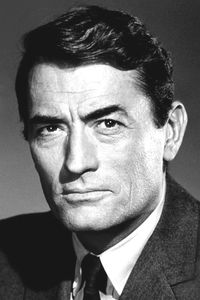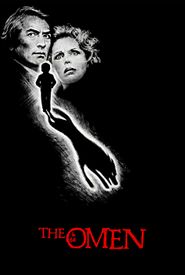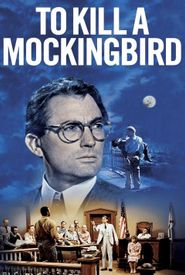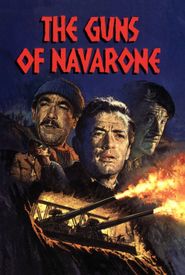Gregory Peck was born on April 5, 1916, in La Jolla, California, to Bernice Mae (Ayres) and Gregory Pearl Peck, a chemist and druggist. He was an only child, and his parents divorced when he was five years old. He was sent to live with his grandmother, who had Irish, English, and German ancestry.
Peck's childhood was marked by instability, but he found solace in his grandmother taking him to the movies every week and his loyal dog. He studied pre-med at UC-Berkeley, but his focus shifted to acting after being bitten by the bug. He enrolled in the Neighborhood Playhouse in New York and made his Broadway debut in Emlyn Williams' play "The Morning Star" (1942).
Peck's early film career included roles in Days of Glory (1944),The Keys of the Kingdom (1944),and Spellbound (1945). He received his first Academy Award nomination for The Keys of the Kingdom and won the Golden Globe for The Yearling (1946). He continued to appear in a variety of films, including westerns and dramas, and was nominated for several Academy Awards.
In the 1960s, Peck's career reached new heights with his iconic role as Atticus Finch in To Kill a Mockingbird (1962),for which he won the Oscar. He also appeared in Cape Fear (1962),Captain Newman, M.D. (1963),and The Guns of Navarone (1961).
After a brief decline in the 1970s, Peck made a comeback with The Omen (1976) and continued to appear in bigger-than-life roles, such as MacArthur (1977) and The Boys from Brazil (1978). In the 1980s, he transitioned to television with the miniseries The Blue and the Gray (1982) and The Scarlet and the Black (1983).
Throughout his career, Peck was known for his tall, rugged, and heroic screen presence, as well as his basic decency and sense of justice. He was a vocal advocate for progressive causes, including anti-war protests, workers' rights, and civil rights. In 2003, he received the US Presidential Medal of Freedom and was named the greatest film hero of the past 100 years by the American Film Institute.







































































































